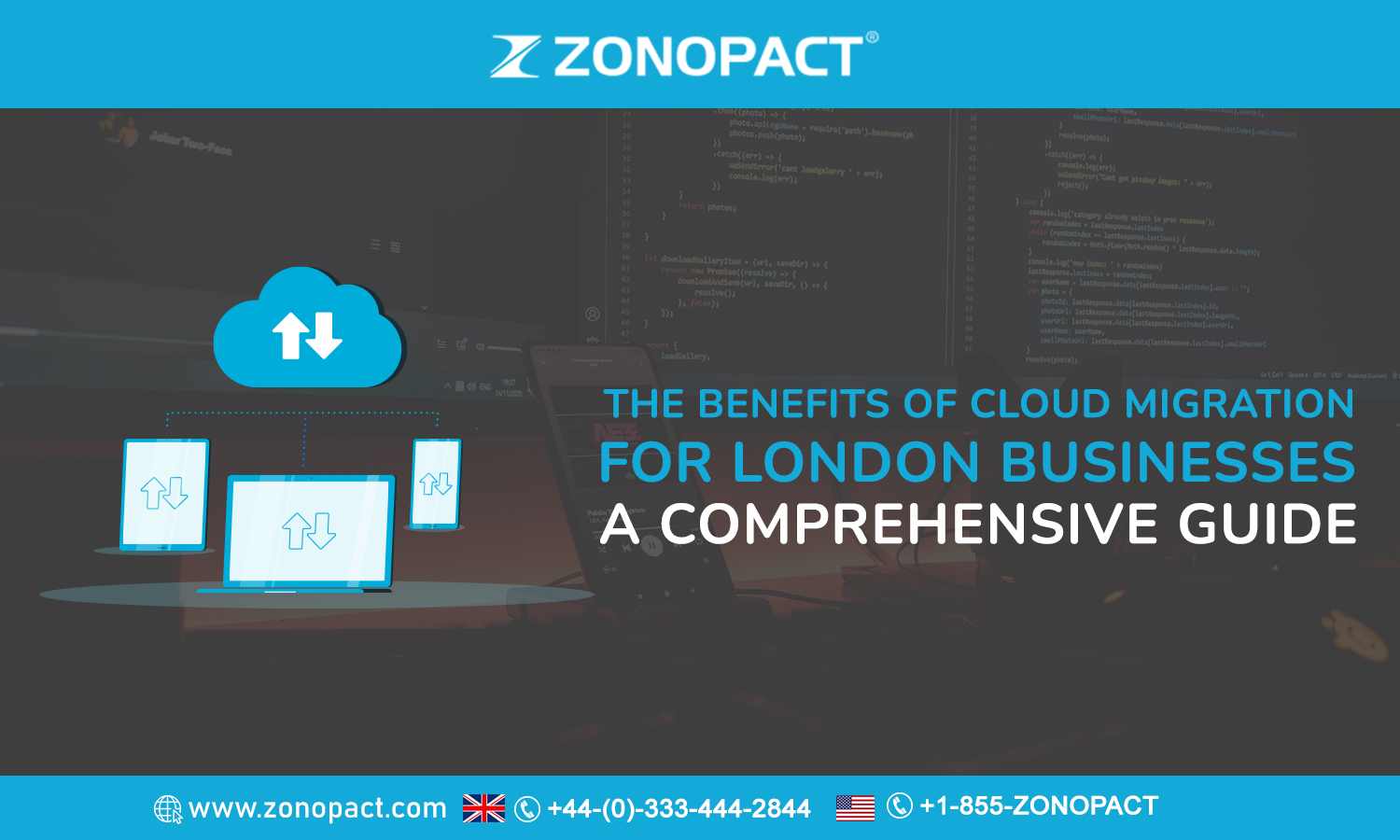
In today’s fast-paced digital world, businesses need to be agile and flexible to keep up with the competition. Cloud computing has become a game-changer for businesses, offering scalable, cost-effective, and efficient solutions. Cloud migration is the process of moving data, applications, and other business elements to a cloud computing environment. In this comprehensive guide, we will explore the benefits of cloud migration for London businesses, the steps for successful migration, the challenges, and how to overcome them.